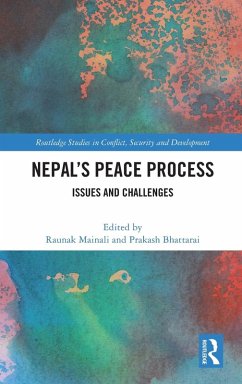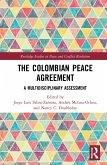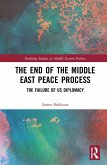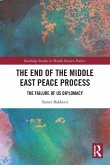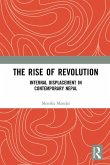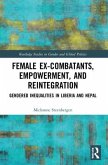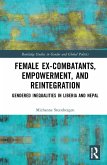This volume provides a holistic overview of the long peace process in Nepal following the signing of the Comprehensive Peace Agreement (CPA) in 2006.
The date of 21 November 2021 marked the 15th anniversary of the Comprehensive Peace Agreement (CPA) which concluded the decade-long civil war that had ravaged Nepal. Despite avoiding a resurgence of statewide conflict, Nepal's post-conflict era has been far from perfect. This era has witnessed ethnic violence, rampant corruption, the politicisation of key public institutions and a failure to fully implement the provisions of the CPA. The resulting lack of socio-economic progress has led to large-scale dissatisfaction within the country and even given rise to elements within Nepal who reject the framework of the CPA and the 2015 constitution.
With a focus on the years following the 2015 constitution, this book offers an analysis of post-conflict Nepal and explores issues relating to ex-combatants, transitional justice, women, socio-economic affairs, and federal governance. The contributors are all scholar-practitioners, some of whom had direct involvement in the peace process, and are therefore able to offer unique insights into the processes and challenges of Nepal's long journey to addressing past grievances and promoting future peace in the country.
This book will be of interest to students of peace studies, Asian politics, security studies and International Relations.
The date of 21 November 2021 marked the 15th anniversary of the Comprehensive Peace Agreement (CPA) which concluded the decade-long civil war that had ravaged Nepal. Despite avoiding a resurgence of statewide conflict, Nepal's post-conflict era has been far from perfect. This era has witnessed ethnic violence, rampant corruption, the politicisation of key public institutions and a failure to fully implement the provisions of the CPA. The resulting lack of socio-economic progress has led to large-scale dissatisfaction within the country and even given rise to elements within Nepal who reject the framework of the CPA and the 2015 constitution.
With a focus on the years following the 2015 constitution, this book offers an analysis of post-conflict Nepal and explores issues relating to ex-combatants, transitional justice, women, socio-economic affairs, and federal governance. The contributors are all scholar-practitioners, some of whom had direct involvement in the peace process, and are therefore able to offer unique insights into the processes and challenges of Nepal's long journey to addressing past grievances and promoting future peace in the country.
This book will be of interest to students of peace studies, Asian politics, security studies and International Relations.

